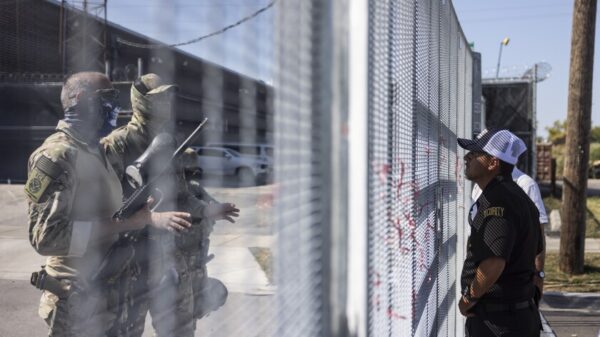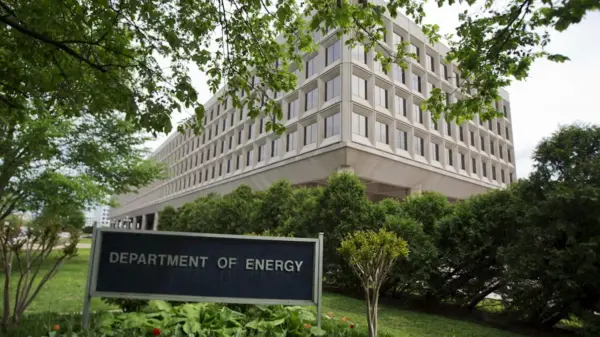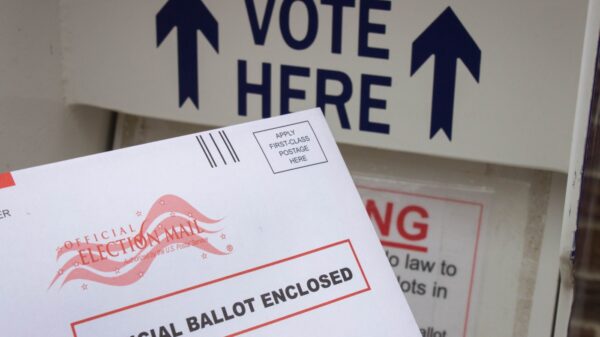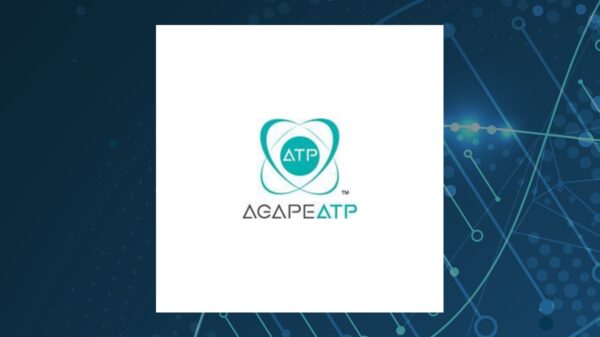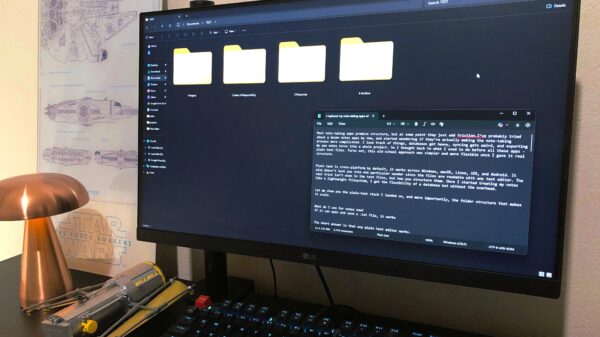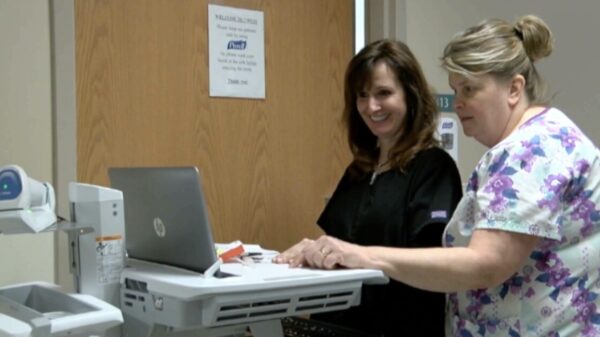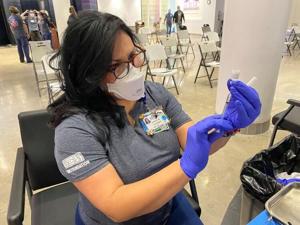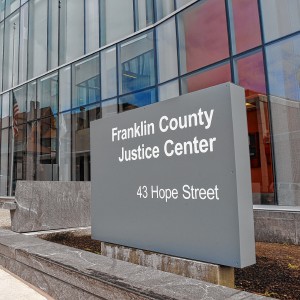A group of bar advocates, who provide legal representation to indigent defendants, has ceased taking new cases due to inadequate compensation. This action, which they clarify is not a strike since they are not unionized, highlights a critical issue in the public defense system. Bar advocates are calling for compensation that reflects a living wage, as many find it economically unfeasible to continue their work under current conditions.
Bar advocates are private attorneys who accept court appointments for criminal cases involving defendants unable to afford legal representation. To qualify, they must undergo a rigorous application process, including training and annual education, ensuring they remain knowledgeable about evolving legal standards. Their commitment involves significant responsibilities, such as meeting clients, appearing in court, and working with various experts.
Despite their dedication, these advocates face financial challenges that threaten their ability to serve effectively. Many bar advocates pay for their own insurance and office expenses without receiving employee benefits. The disparity becomes apparent when comparing compensation to neighboring states, where appointed counsel often receives significantly higher rates and additional support, including administrative staff and necessary supplies.
In a statement emphasizing the gravity of the situation, attorney Nora M. Leovich from Fitchburg expressed frustration over the current system, which she describes as unsustainable. “When we can’t afford to take cases, the system stops,” she noted. This halt means that many indigent defendants are either left incarcerated without representation or released back into the community without legal support.
The 6th Amendment of the U.S. Constitution guarantees the right to legal counsel, underscoring the importance of adequate funding for public defense. As bar advocates continue to grapple with financial instability, they are urging governmental bodies to reassess and adjust compensation rates to align with a living wage. This change is essential not only for their viability as advocates but also for ensuring that the rights of the accused are protected.
With the ongoing crisis in public defense highlighting systemic issues, the future of indigent legal representation hangs in the balance. The advocacy group remains adamant that without fair compensation, they cannot fulfill their roles as defenders of the Constitution.






